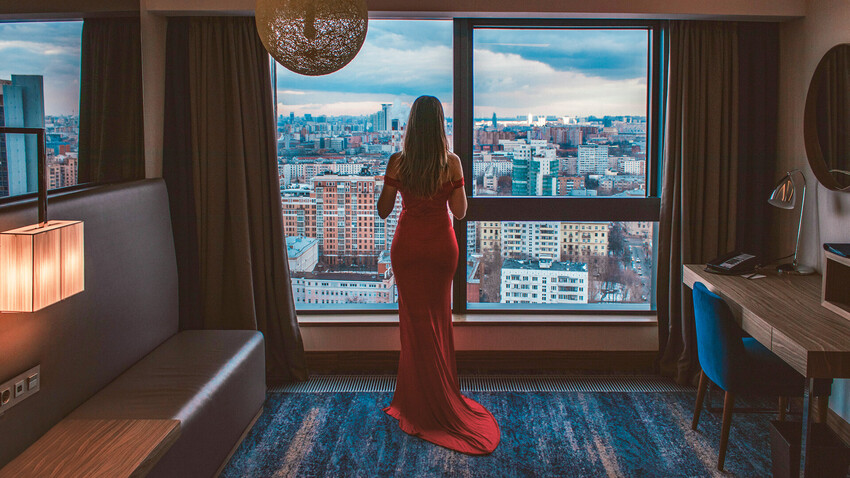
To get a Russian permanent residence permit via simplified procedure, a foreigner has to purchase some real estate (it can be commercial, residential, a plot of land, etc.) that’s at the building stage or within two years after it became fully operational; and then you must remain its owner for at least a year. The property must not have any encumbrances; for example, it can’t be mortgaged. At the end of this period, a foreigner can submit an application for a permanent residence permit to the Ministry of Economic Development or to the territorial office of the Ministry of Internal Affairs (MVD).
The property’s minimum cadastral value must amount to 20 million rubles ($210,000 according to an exchange rate of 95 rubles for one U.S. dollar) in the Far Eastern Federal District (DFO), and 50 million rubles ($526,000) in Moscow. In other Russian regions the value should be no less than 25 million rubles ($263,000).
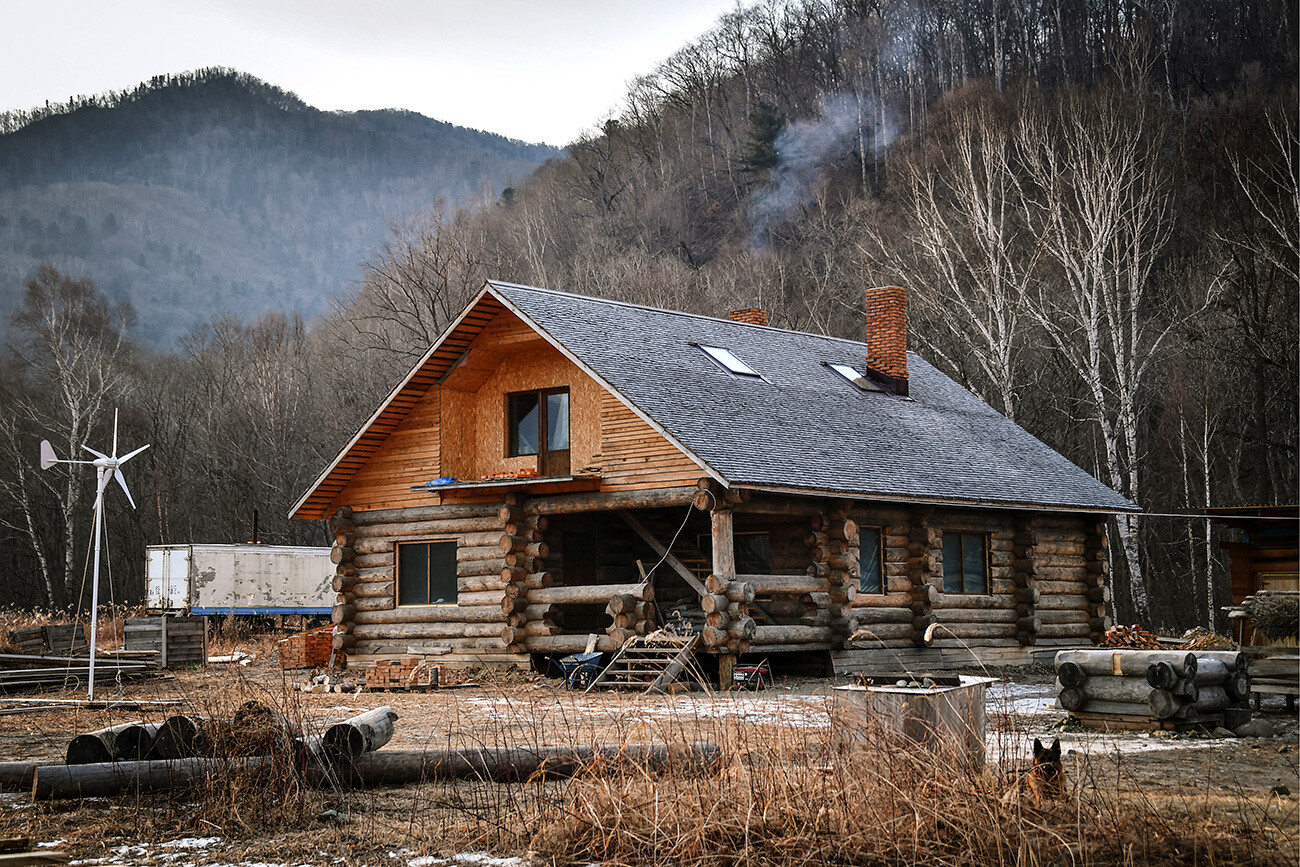
DFO includes:
Investors – those who own property in Russia, as well as a range of privileged categories (for example, IT specialists, citizens of Kazakhstan, Moldova, etc.) — can obtain permanent residency via the simplified procedure. This allows for obtaining permanent residency without having to go through the step of first getting a temporary residence permit (RVP), along with the requirement of having to live eight months in Russia before applying.
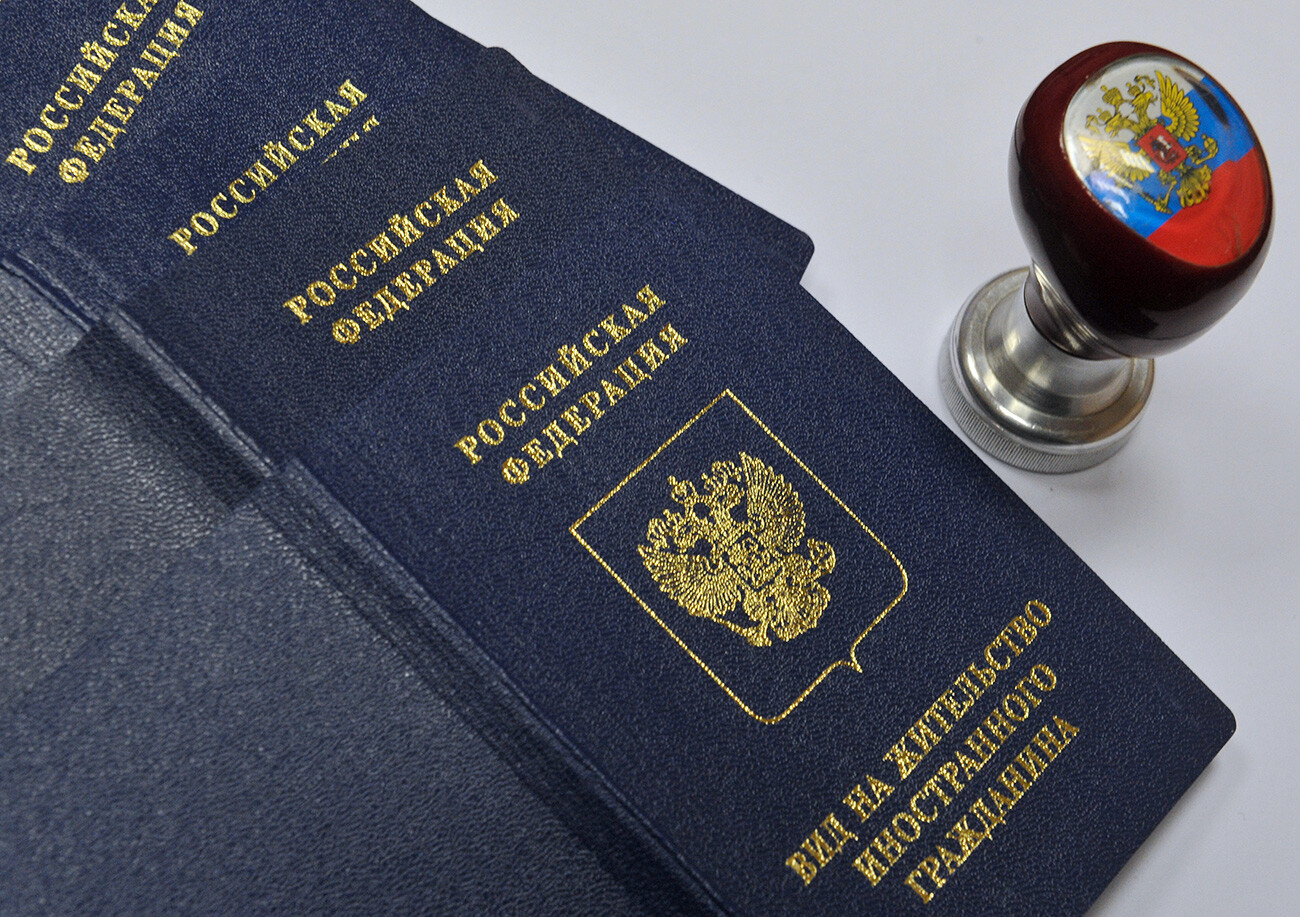
Russian permanent residence permit.
Alexey Kudenko /SputnikUsually, receiving permanent residency is one of the steps along the way to acquiring Russian citizenship. First, a foreigner applies for temporary residency (a stamp in their passport, valid for three years); then for permanent residency, and finally for Russian citizenship.
A permanent residence permit is a document that affirms the right of a foreign citizen to permanently reside in the Russian Federation, as well as the right to freely enter and leave the country.
Permanent residency also gives the right to conduct business in any region of the country, the right to receive medical assistance and care under the compulsory health insurance program (OMS); and, if there are grounds for it, the right to receive pensions, welfare, and free education.
A permanent residence permit, however, does not allow one to vote, to be a government official or to be conscripted into the military (though one can serve on a contract basis).
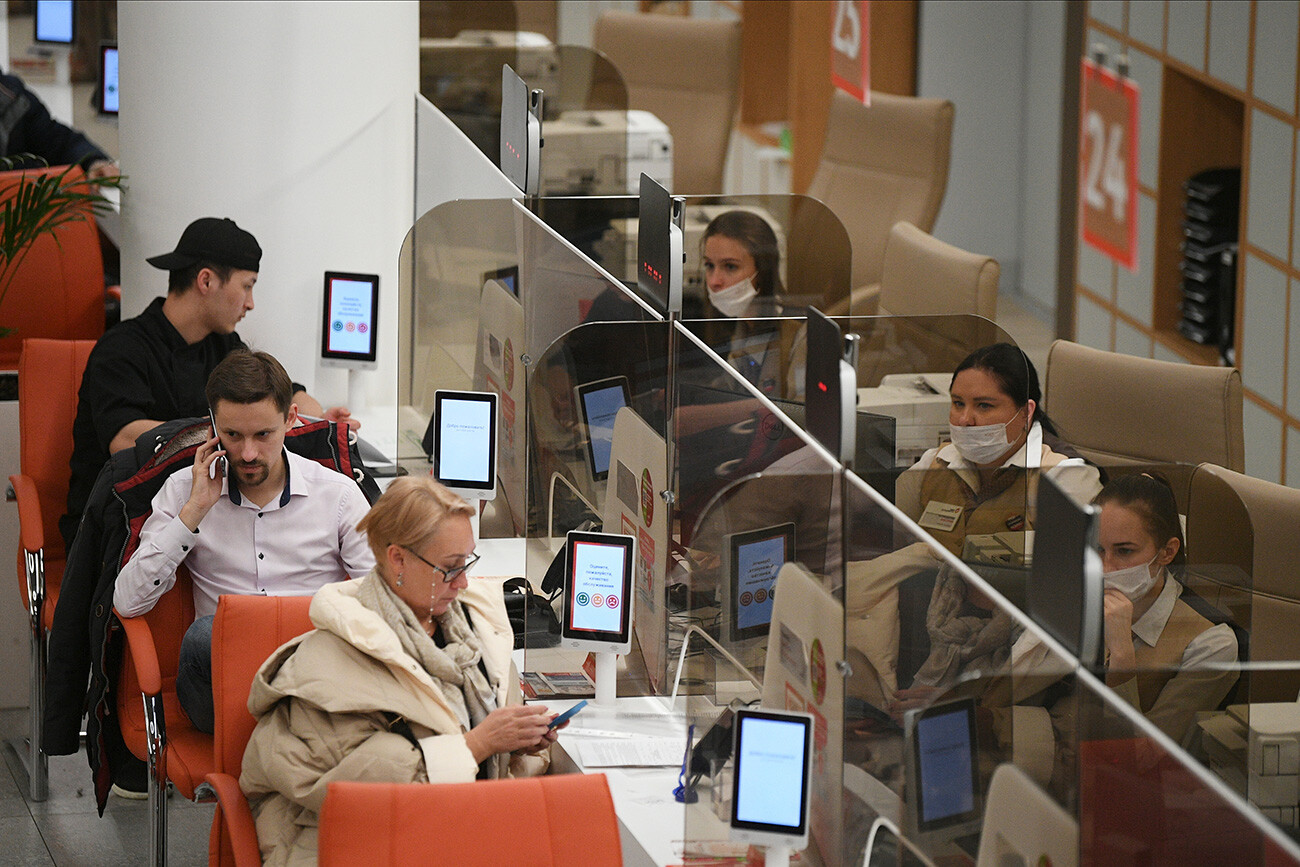
Multifunctional center for state and municipal services in Moscow.
Alexey Mayshev/SputnikAfter a year of continuous ownership of the property, a permanent residency applicant can appeal to the Ministry of Economic Development in order to obtain a consultation about obtaining official status as an investor who seeks permanent residency (online, or in person after making an appointment online); or come in person to the territorial office of the Ministry of Internal Affairs (MVD) with the required supporting documents.
The main supporting documents that are needed to obtain permanent residency include:
The statement should list the property’s cadastral value, as well as information that proves the property in question does not face any encumbrances, such as a mortgage. The rules stipulate that during the course of the previous year, there should have been no encumbrances or rights restrictions on the property in question. It’s important to remember that if you plan to buy a property with a mortgage that’s still being paid off, then it won’t qualify as a real estate asset that can be used to obtain permanent residency.
You can find application forms and permanent residence permit application instructions on the MVD website.
MVD staff might request additional documents (a migration card, for example, which is issued to foreigners when they cross the Russian border). The service of acquiring the permanent residence permit isn’t free, and you’ll have to pay a state fee.
All documents submitted in a foreign language have to be translated into Russian with notary certification.
The status of your permanent residence application can be checked with an MVD service. The application processing time is about 30 business days.
You can get a consultation on obtaining permanent residency by inquiring with a Russian diplomatic mission or consulate abroad.
Apart from people who invested in property, other foreign investors have the right to receive a permanent residence permit via the simplified procedure – if they fulfilled one of three conditions:
1) if a person invests a minimum of 15 million rubles ($158,000 according to an exchange rate of 95 rubles for one U.S. dollar) into socially significant regional projects over a period of three years before applying for permanent residency;
2) if a person invests 30 million rubles ($316,000) into a Russian company that has been operating for no less than three years and has paid taxes and fees to the amount of 6 million rubles or more over the course of the year prior to your permanent residency application;
3) if one has registered and owns a legal entity in Russia that has been operating in the country for more than two years and pays 4 million rubles ($42,000) in taxes or more annually.
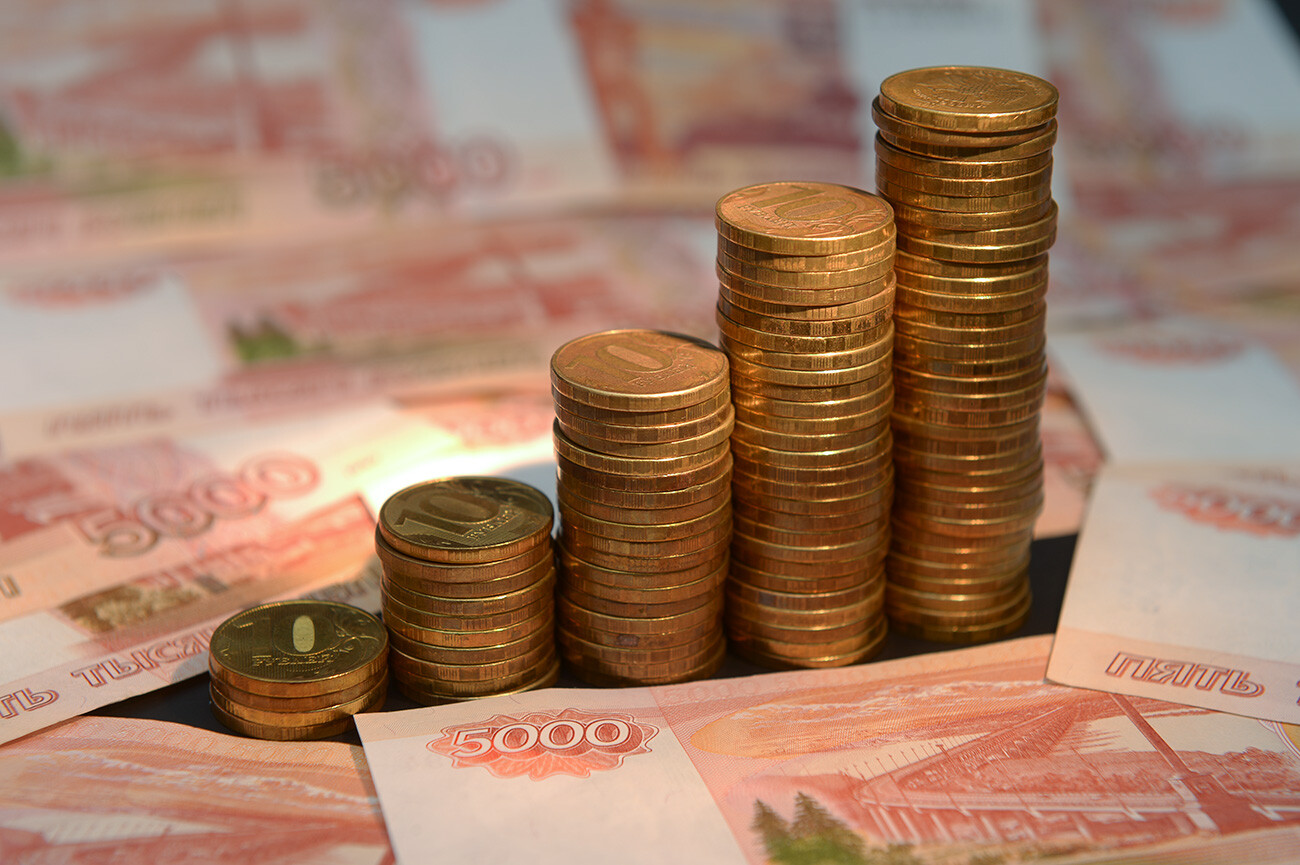
To receive permanent residency via the scheme described above, in the Far East of Russia your minimum investment in real estate must amount to approximately $210,000 in the ruble equivalent; but this amount increases to $526,000 (in ruble equivalent) in Moscow.
In comparison, in the United Arab Emirates, you can get a residency visa (which is the equivalent of a Russian permanent residence permit) when purchasing real estate in the city of Dubai that’s worth 750,000 dirham or more, (which equals $205,000). Note: the value varies depending on which emirate you’re dealing with.
According to Dmitry Volvach, Deputy Minister of Economic Development, widespread interest in the simplified procedure for obtaining Russian permanent residency is primarily expected from citizens of the EU, CIS, the Middle East, and Asia. In 2023, the total foreign investment in Russia is estimated to reach as much as 12 billion rubles (approx. $126 mln), and in the following years, this figure is expected to be as much as 40 billion rubles (approx. $421 mln) annually.
Dear readers,
Our website and social media accounts are under threat of being restricted or banned, due to the current circumstances. So, to keep up with our latest content, simply do the following:
Subscribe to our Telegram channels: Russia Beyond and The Russian Kitchen
Subscribe to our weekly email newsletter
Enable push notifications on our website
Install a VPN service on your computer and/or phone to have access to our website, even if it is blocked in your country
If using any of Russia Beyond's content, partly or in full, always provide an active hyperlink to the original material.
Subscribe
to our newsletter!
Get the week's best stories straight to your inbox